We recently connected with Claire Wellin and have shared our conversation below.
Claire, thanks for taking the time to share your stories with us today We’d love to hear the backstory behind a risk you’ve taken – whether big or small, walk us through what it was like and how it ultimately turned out.
In 2024, after a lot of time (many years, haha) thinking about and wrestling with my relationship with social media, I decided to really go for it – prioritizing posting / participating every weekday, spending some money on ads for shows, hiring help with content creation, scheduling, and editing, and in general having a lot of conversations about being out there on the platforms. At the end of the year, I was both over- and under- whelmed with the results. The myriad of ads I’d run didn’t meaningfully push the needle on ticket sales, my reach and follower count hadn’t grown in a way that justified all the time spent working towards that goal, and my brain felt fractured. Additionally, the landscape had changed so much; I started to put together – and really feel – that we’re just giving away our time and energy to a few people making money off harvesting our attention. These results and the feelings that came with them coincided with the election, a death in the family, and writing a new record, and it all led me to a really clear moment: this was my one life. How did I want to spend it? Writing and making music, spending time with friends and family, and working to support and influence policy decisions that improve people’s lives were (and are) the answer. Plus – there are only so many hours in the day.
So six weeks ago, I decided to exchange the hour a day I was spending on socials for an extra hour a day working on my record. I posted a detailed and honest video to my feeds for my followers, clearly directed folks to contact me via email in my bios, and deleted all the apps from my phone. I received tons of support from my people, and the mental health and writing results have been amazing. I feel like I’ve unlocked a new section of my brain. We’ll see how things are as I check in here and there online, and who knows how things will have changed or how I’ll need to re-orient when it comes time to promote and market the new record. But for now, I’m in my writing season, and the difference I feel has me wondering what kind of society and culture we’d be if socials weren’t such a pervasive and outsized part of our lives as both creatives and people.
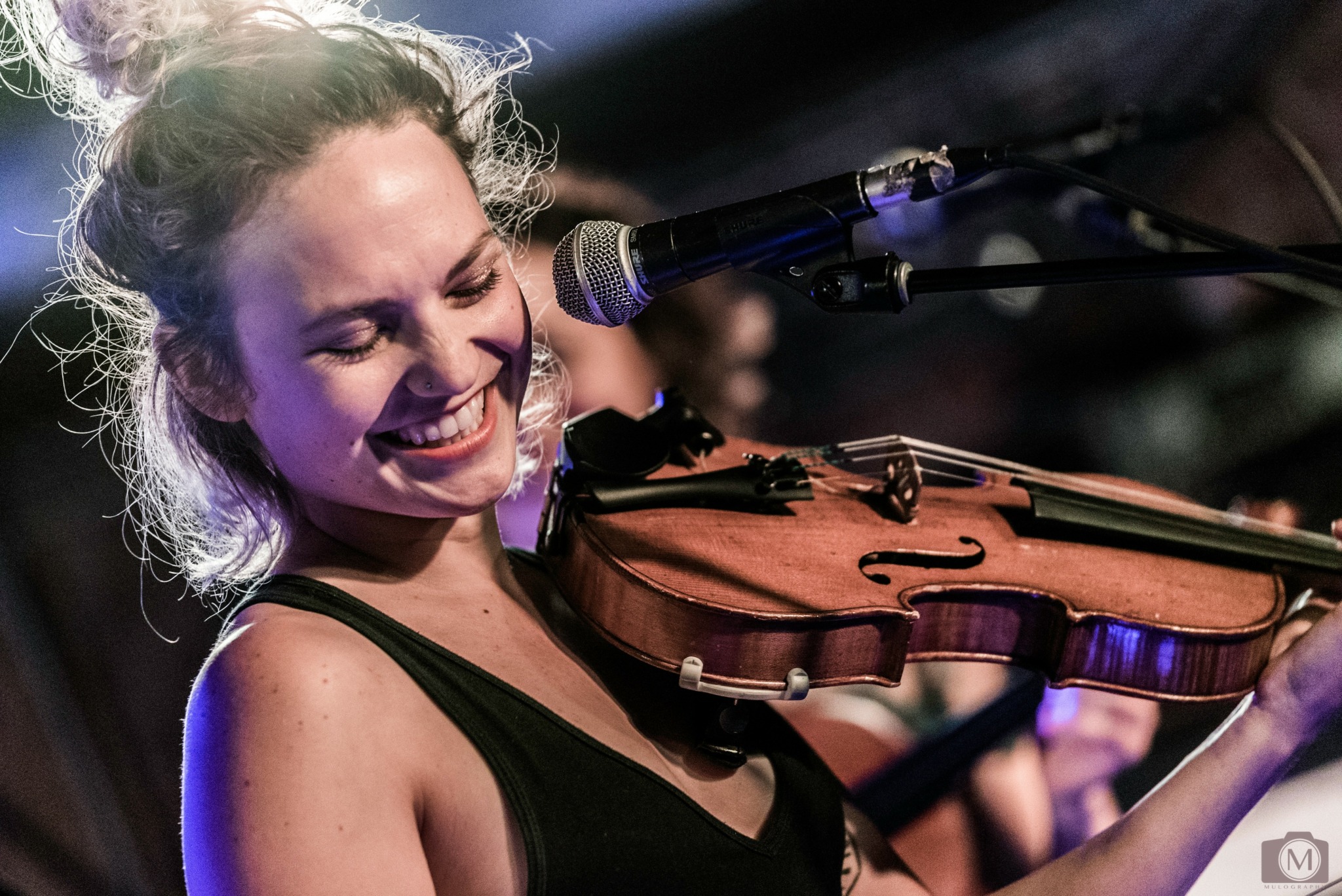

Claire, before we move on to more of these sorts of questions, can you take some time to bring our readers up to speed on you and what you do?
I grew up in Bismarck, North Dakota in a musical family, where my creativity was super supported by my parents, who are performers and teachers themselves. I trained classically in voice, violin, and acting from a very young age into adulthood. This kind of study gave me so much. It meant that when I listened to new music I understood how it worked, could take it apart, and put it back together to, leading me to want to make my own work. It made it possible for me to teach myself guitar, ukulele, and keys. It gave me the ability to use my voice in ways I wouldn’t have thought possible until someone taught me how.
It also came at a cost. This kind of formal study involved a lot of muscling through pain—emotional and physical. Looking back and digging through the years of training and my approach to it – the way I THOUGHT it was supposed to be – I see that I internalized that pushing, pulling, and working fast without breaks as the ‘right’ way to hone my skills. It’s not that any one person or teacher imprinted this upon me – it was a combination of the world I grew up in, where I went to school, the impact and importance of competition in our society, being a girl and feeling like I had to be better than everyone else to make it, growing up in the Catholic church, and a genetic predisposition to sensitivity, excitement, creativity – AND depression, anxiety, and punishment-as-solution.
When my body shut down during my best and biggest job, on the National Tour of Once The Musical, I had to radically change my relationship to playing music. I moved back to NYC and planted my roots as I embarked on a year’s long journey of going to therapists and doctors, learning new disciplines, modalities, and guiding principles I brought into my own practice.
Along the way, I was able to get quiet enough to learn which parts of playing music were rooted in obligation and struggle, and which were rooted in nurturance, creativity, and joy. I realized I had so many clues to what was healthy all along, but my intuition, sensitivity, and permission to listen to my body had been devalued and needed to be re-discovered.
Today, I bring these discoveries and skills to performing, teaching, and collaborating. I know it is possible to make music without pain – or at least with a lot less of it. I believe we can do it with love, joy, and abundance, while listening to and trusting ourselves. I continue to cultivate a relationship to music as a lifelong support—for my students, audience members, and collaborators. I do this through my singer-songwriter folk project, Youth in a Roman Field; as the lead singer of San Fermin; as a music teacher to kids of all ages; and as an active member of my community from both a freelance musician and activist perspective, participating in SURJ NYC and in my local chapter of the Poor People’s Campaign and Working Families Party. My lower-middle-class upbringing and background has grounded me in the importance of music (and a career in music) being available to all people from all backgrounds, and I champion myself and others in the fight for change and transparency both in our industry and in the policies that affect so many of us – specifically in healthcare, privacy, and anti-trust.
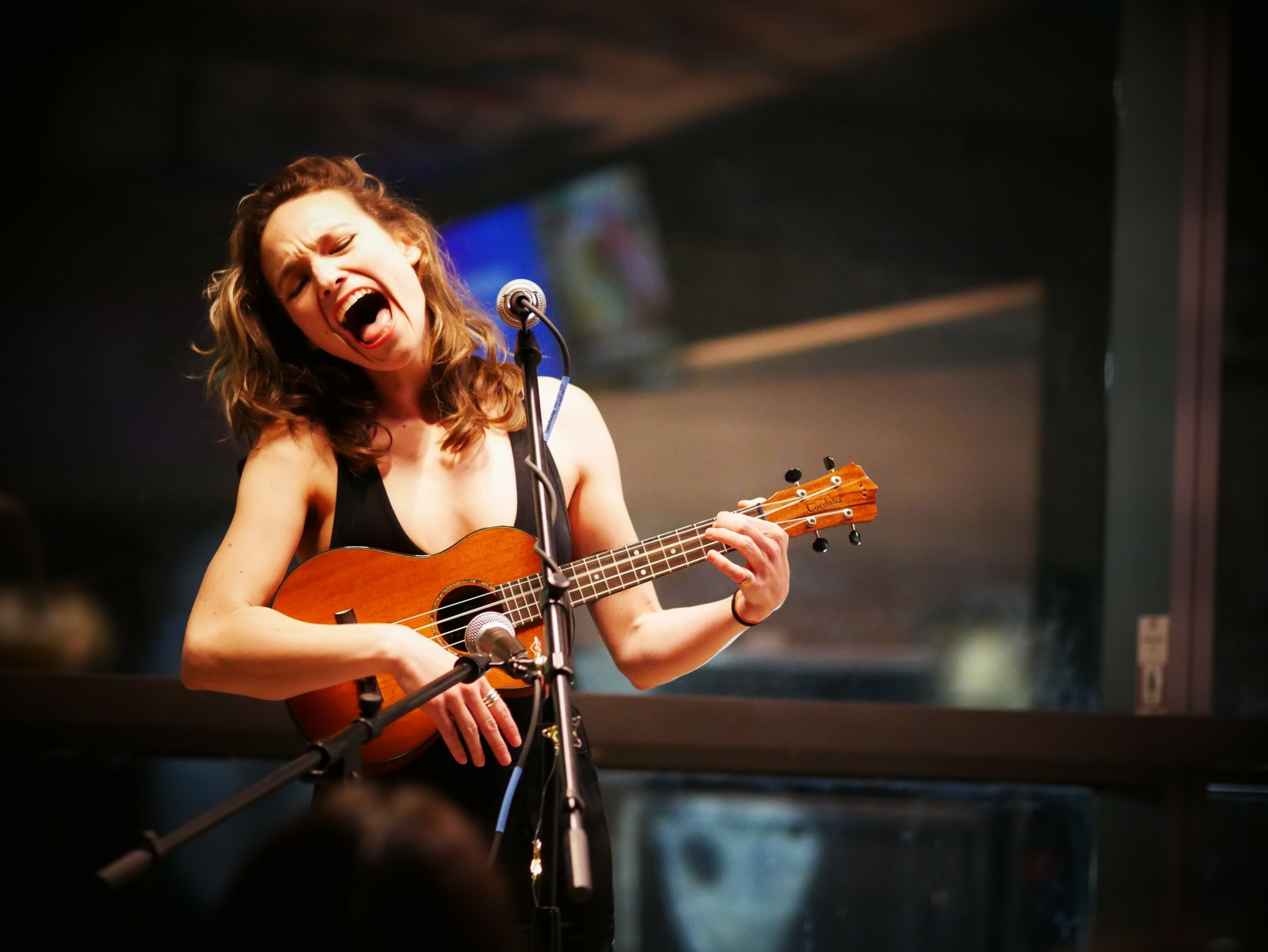
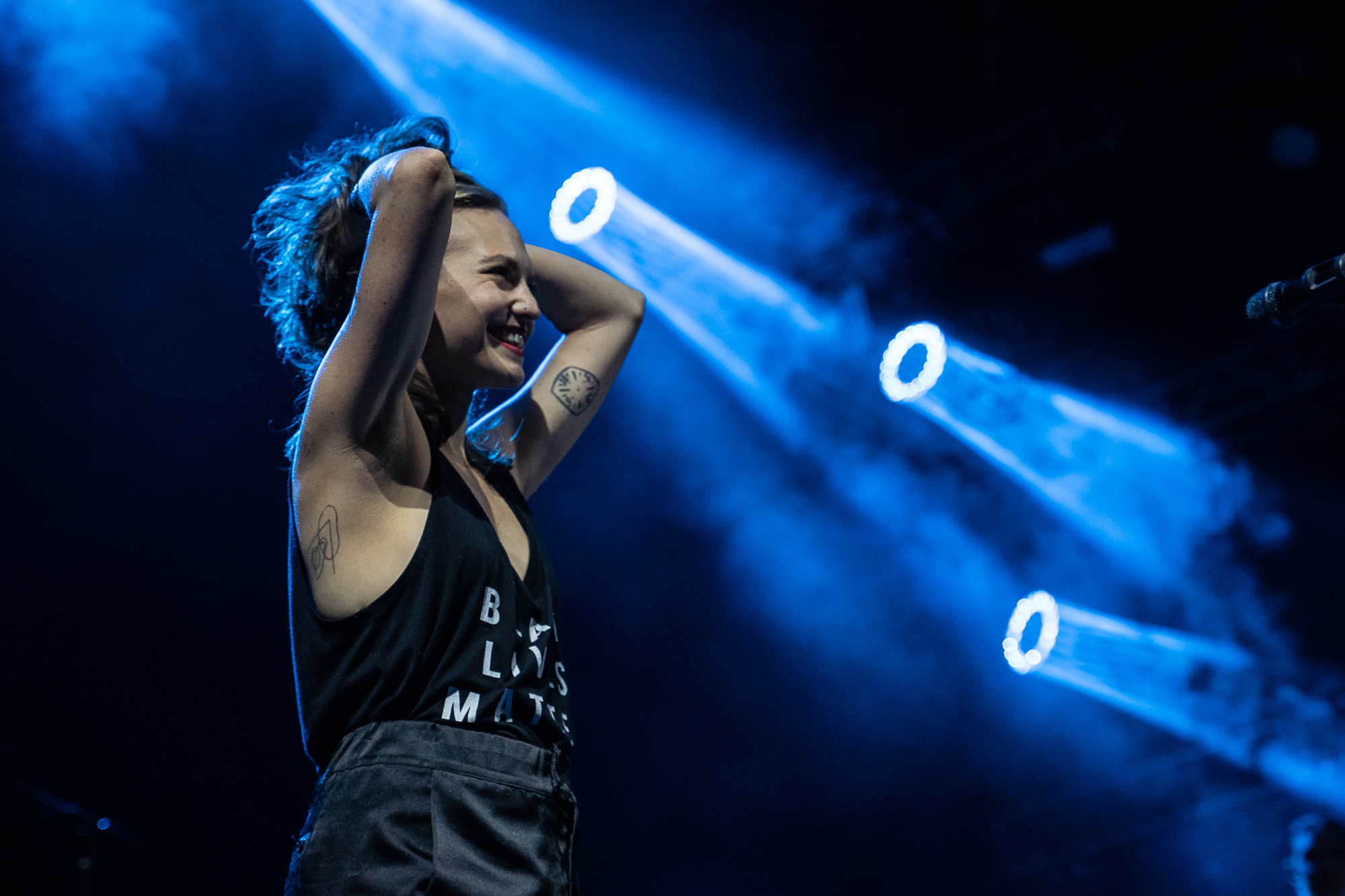
How can we best help foster a strong, supportive environment for artists and creatives?
Two things: pass legislation supporting them, and pay for music. It’s tricky because tech companies, specifically and most detrimentally Spotify, have devalued music by literally making it free, and coming back from that is really hard for an entire society. It’s shocking to me how much people will pay for a cup of coffee (myself included) and then turn around and press play on an endless stream of free music now known as ‘content.’ I think there’s an educational lift on the part of us as musicians and creatives, and an attitude shift and emotional alignment that needs to happen from the audience and from consumers. I don’t think the average person would do a job where they are systematically undervalued – ESPECIALLY when there are solutions on the table and the issue is simply political will – and realizing that and taking it to heart would go a long way.
More practically speaking, one thing folks don’t really know is that Spotify pays the least to artists by a massive margin. Literally any other streaming platform – iTunes, Amazon Music, etc – pays more. We make fractions of cents on the dollar from streams on Spotify, and the company has egregious business practices (including playing illegal bundling tricks with their subscribers) and is embroiled in several legal battles with advocates and music professionals. The best streaming platforms are Tidal and Bandcamp, and the simple act of listening on those platforms literally gives back multi-fold to artists. Buying on Bandcamp ensures we get the highest percentage of revenue, particularly on Bandcamp Fridays, where 92% of money spent goes directly to us. That’s a lot better than the .003 from Spotify.
Additionally, calling your members of Congress and encouraging them to pass the American Music Fairness Act (AMFA), the NO FAKES Act (S. 4875), the Fans First Act (S. 3457), the HITS Act (H.R. 1945/S. 752), and the RAP Act (H.R. 8531). All of these bills are bipartisan and would make meaningful change for creatives and artists across the country.
Resources:
https://musicfairnessaction.org/sign-your-name
https://www.congressweb.com/GRAMMY/69/
https://www.congressweb.com/GRAMMY/52/
https://www.congressweb.com/GRAMMY/89/
https://www.congressweb.com/GRAMMY/91/
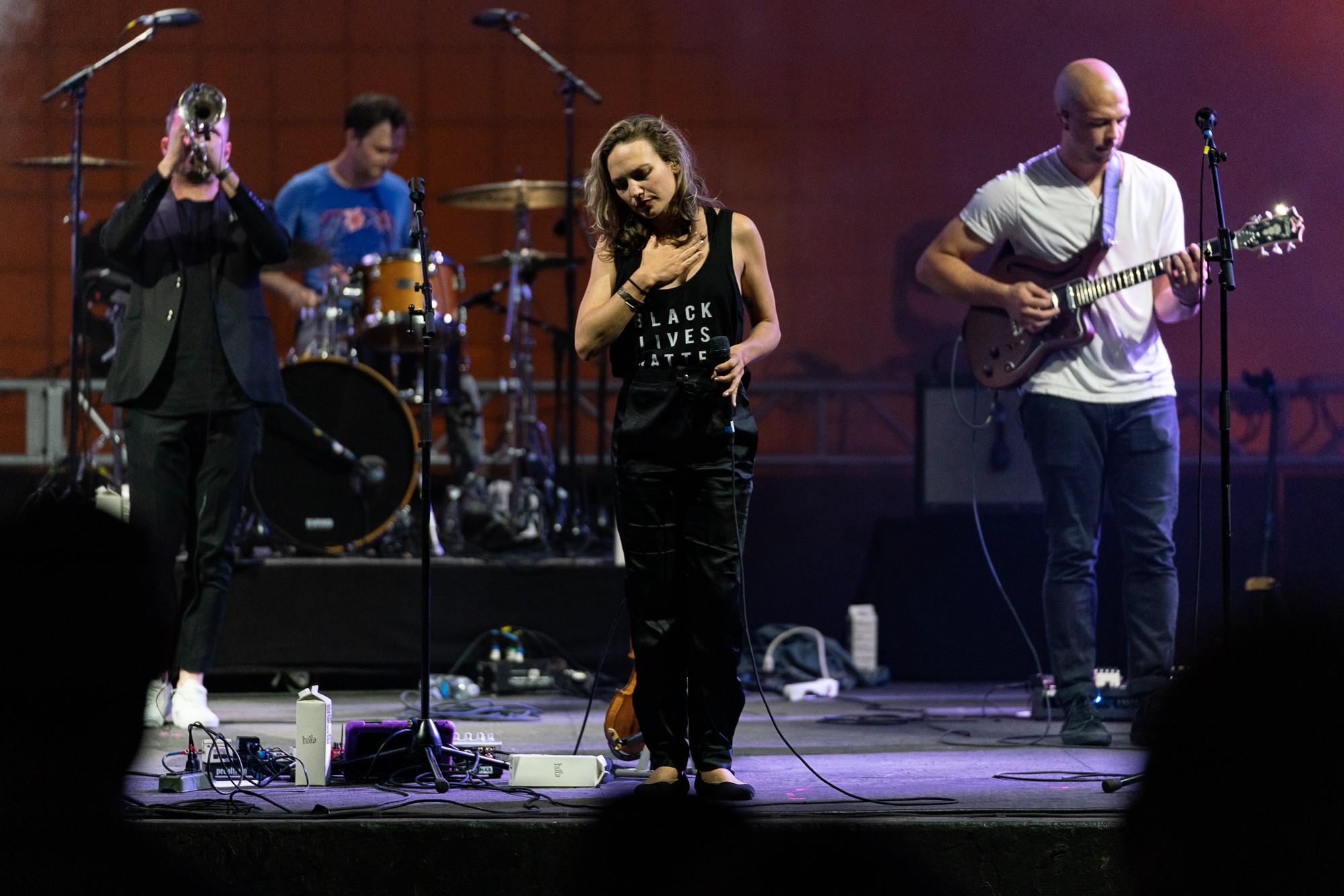
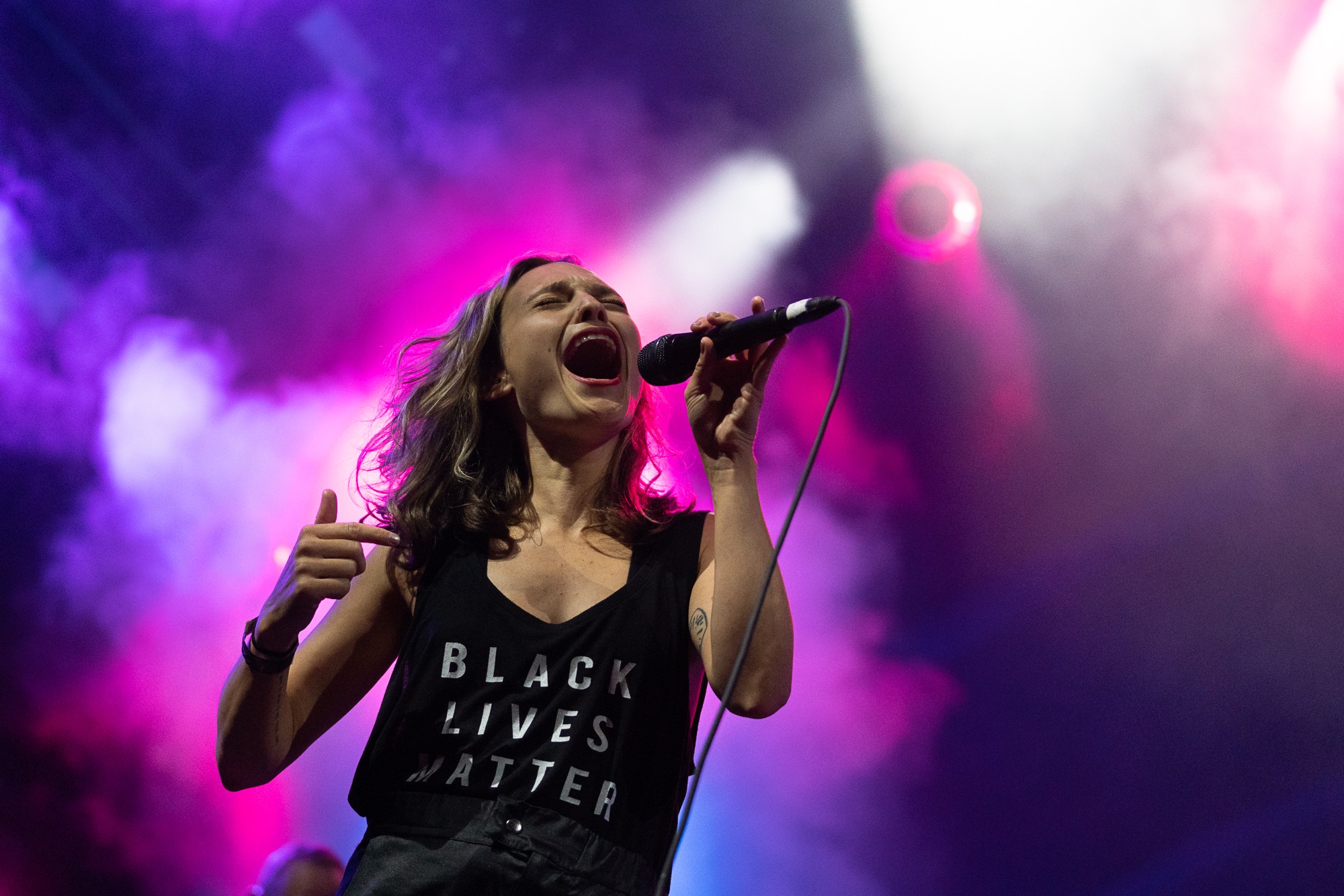
What’s a lesson you had to unlearn and what’s the backstory?
The biggest lesson to unlearn for me has been that “faster / bigger / more is better.” Not taking breaks when practicing, not moving slowly when practicing, and doing more instead of less (both musically and schedule-wise) directly led to my injuries, and I’ve had to learn to set timers, pace myself, and work up to things rather than diving right into something that needs warming up to (for example, a really fast passage on the violin or particularly tricky phrase that needs a lot of breath support in singing). I am still working on it to this day.
Contact Info:
- Website: https://www.clairewellin.com
- Instagram: https://www.instagram.com/youthinaromanfield/
- Facebook: https://www.facebook.com/YouthInARomanField
- Youtube: https://www.youtube.com/@youthinaromanfield
- Soundcloud: https://soundcloud.com/youth-in-a-roman-field
- Other: https://www.youthinaromanfield.com
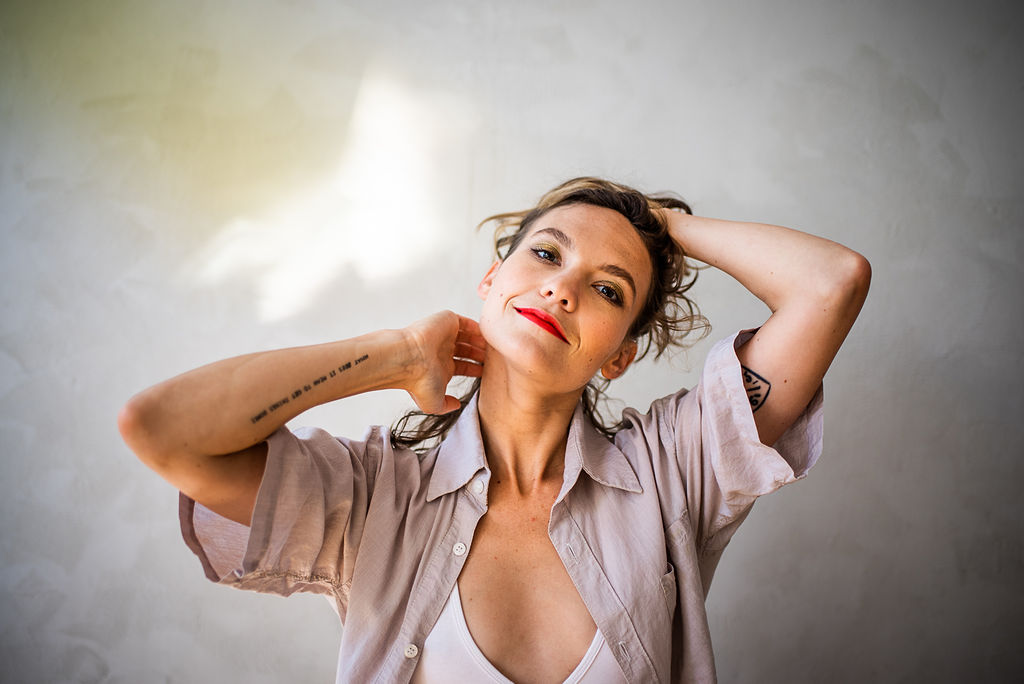
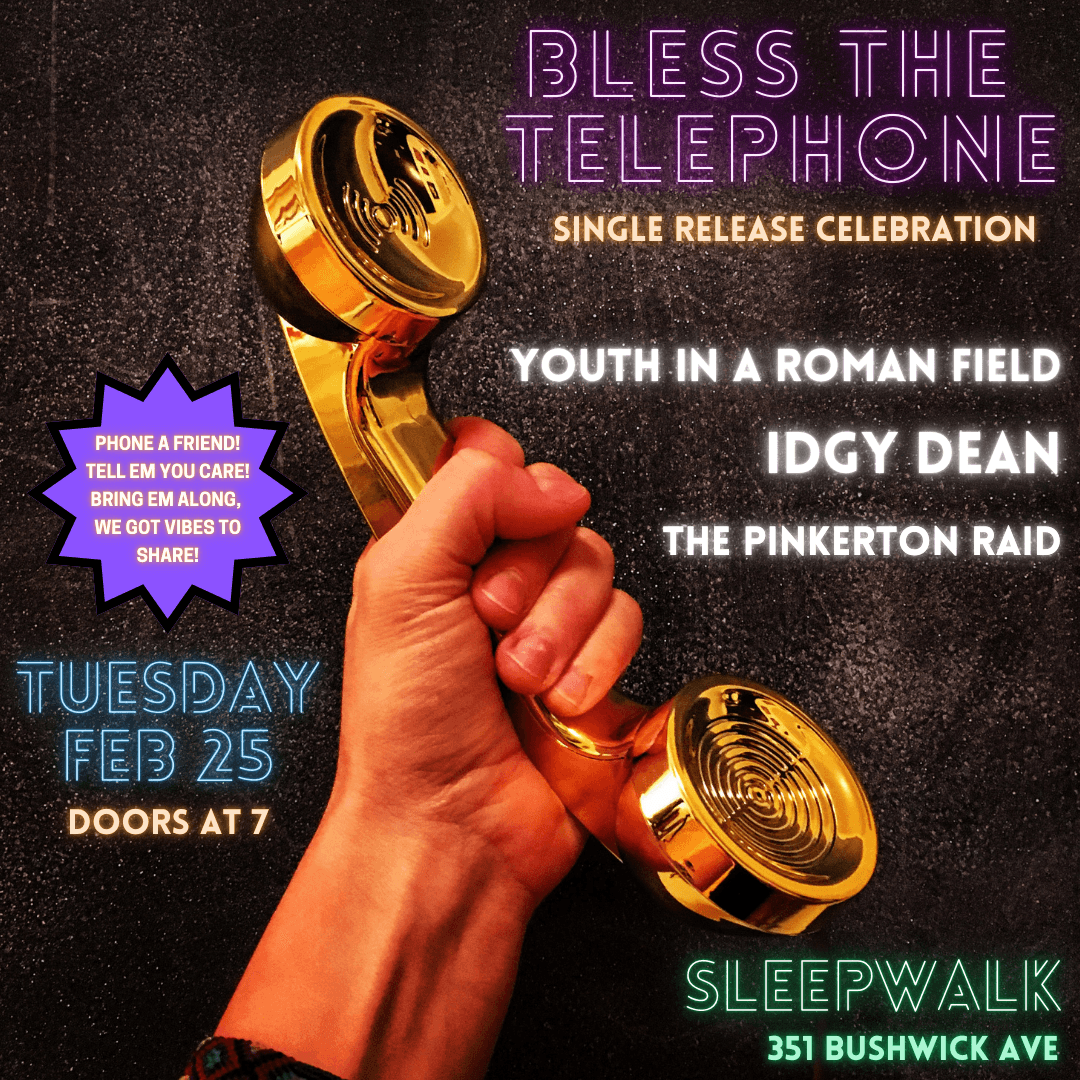
Image Credits
SAW PHOTOGRAPHY (1, 8)
MULOGRAPHY (2, 5, 6, 7)
Shane Walton (3)
Bettina Pagalilauan (4)
Lindsay Sanwald (poster)


